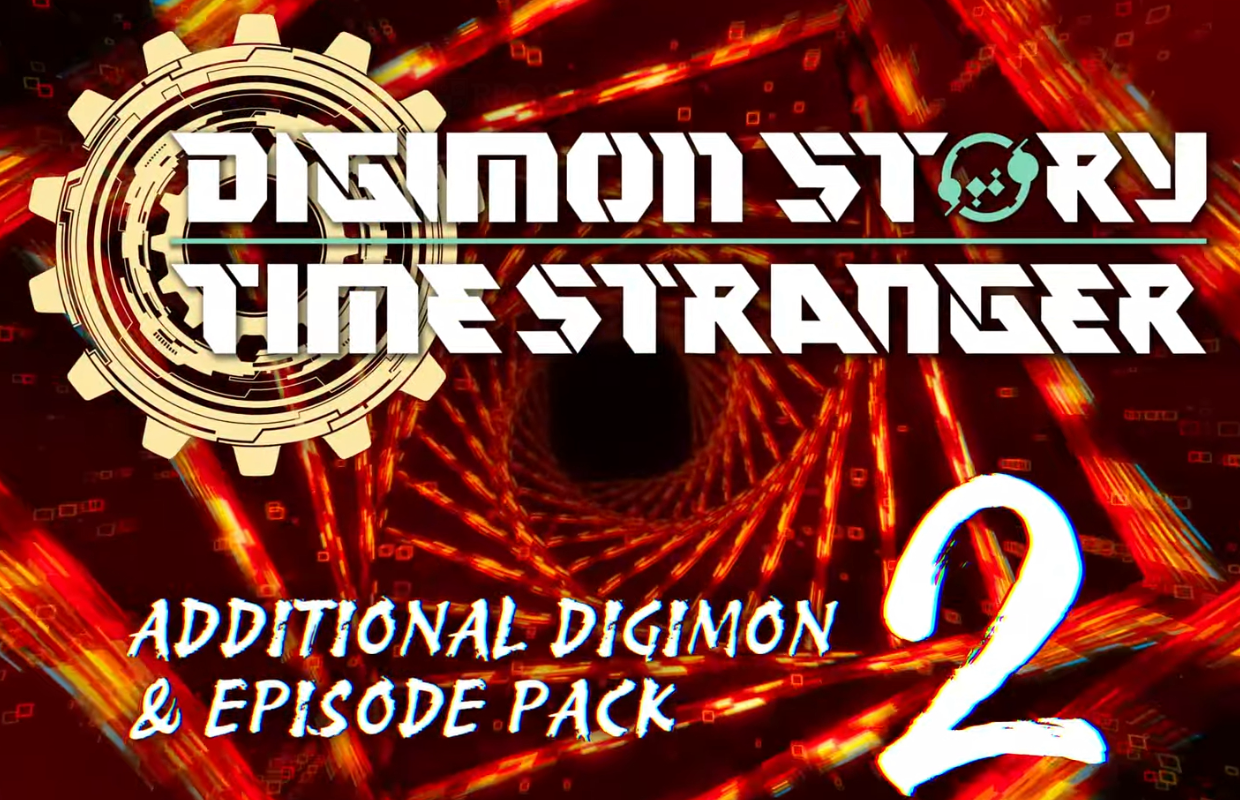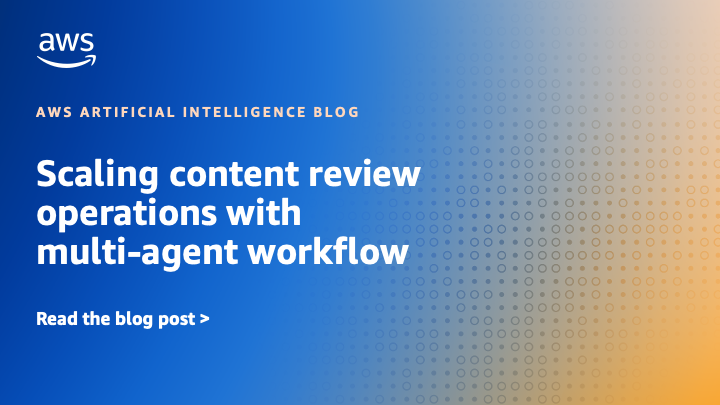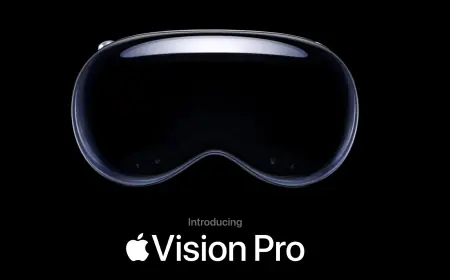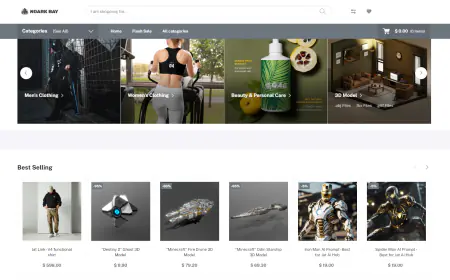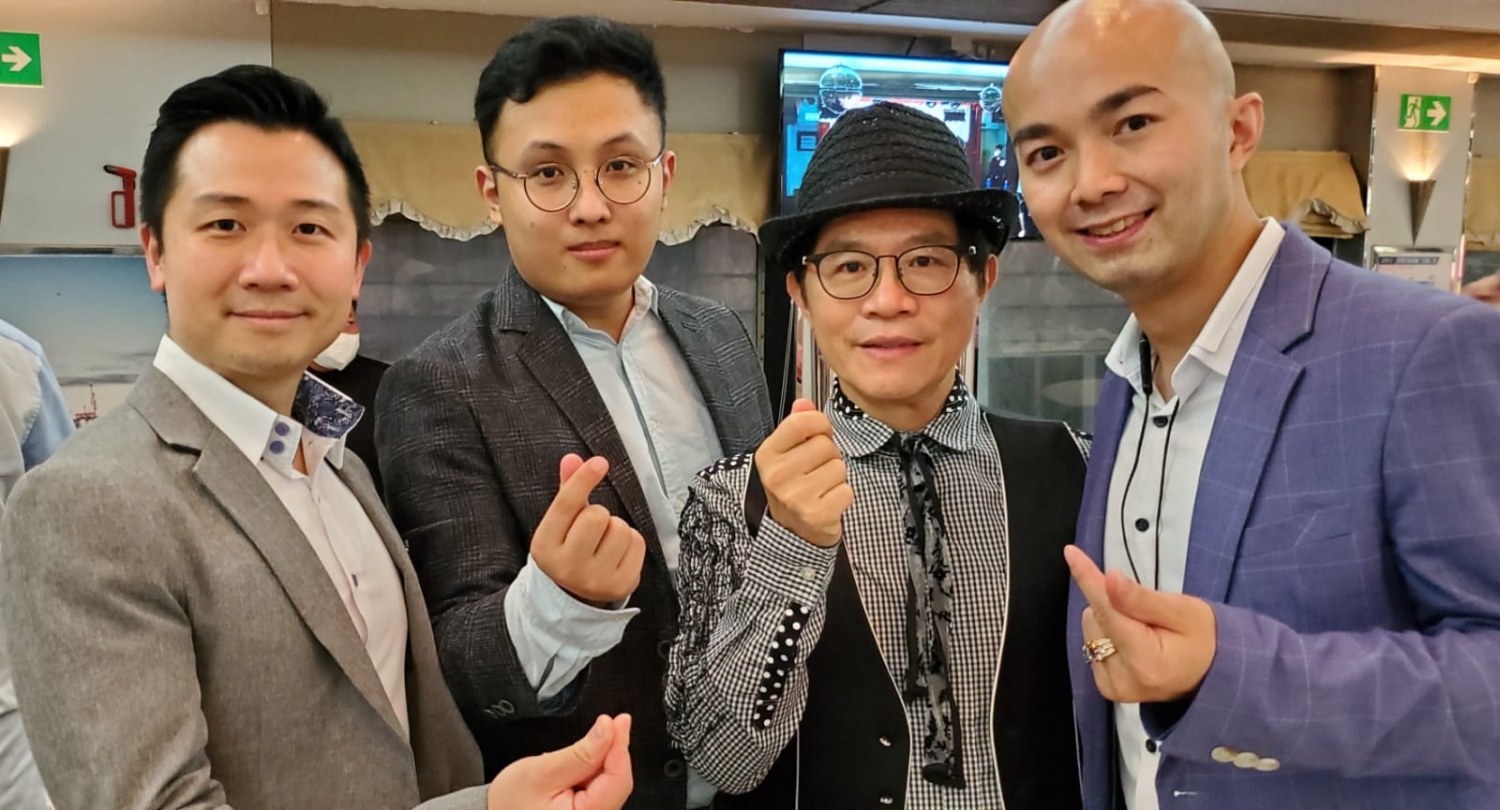How msg enhanced HR workforce transformation with Amazon Bedrock and msg.ProfileMap
In this post, we share how msg automated data harmonization for msg.ProfileMap, using Amazon Bedrock to power its large language model (LLM)-driven data enrichment workflows, resulting in higher accuracy in HR concept matching, reduced manual workload, and improved alignment with compliance requirements under the EU AI Act and GDPR.

This post is co-written with Stefan Walter from msg.
With more than 10,000 experts in 34 countries, msg is both an independent software vendor and a system integrator operating in highly regulated industries, with over 40 years of domain-specific expertise. msg.ProfileMap is a software as a service (SaaS) solution for skill and competency management. It’s an AWS Partner qualified software available on AWS Marketplace, currently serving more than 7,500 users. HR and strategy departments use msg.ProfileMap for project staffing and workforce transformation initiatives. By offering a centralized view of skills and competencies, msg.ProfileMap helps organizations map their workforce’s capabilities, identify skill gaps, and implement targeted development strategies. This supports more effective project execution, better alignment of talent to roles, and long-term workforce planning.
In this post, we share how msg automated data harmonization for msg.ProfileMap, using Amazon Bedrock to power its large language model (LLM)-driven data enrichment workflows, resulting in higher accuracy in HR concept matching, reduced manual workload, and improved alignment with compliance requirements under the EU AI Act and GDPR.
The importance of AI-based data harmonization
HR departments face increasing pressure to operate as data-driven organizations, but are often constrained by the inconsistent, fragmented nature of their data. Critical HR documents are unstructured, and legacy systems use mismatched formats and data models. This not only impairs data quality but also leads to inefficiencies and decision-making blind spots.Accurate and harmonized HR data is foundational for key activities such as matching candidates to roles, identifying internal mobility opportunities, conducting skills gap analysis, and planning workforce development. msg identified that without automated, scalable methods to process and unify this data, organizations would continue to struggle with manual overhead and inconsistent results.
Solution overview
HR data is typically scattered across diverse sources and formats, ranging from relational databases to Excel files, Word documents, and PDFs. Additionally, entities such as personnel numbers or competencies have different unique identifiers as well as different text descriptions, although with the same semantics. msg addressed this challenge with a modular architecture, tailored for IT workforce scenarios. As illustrated in the following diagram, at the core of msg.ProfileMap is a robust text extraction layer, which transforms heterogeneous inputs into structured data. This is then passed to an AI-powered harmonization engine that provides consistency across data sources by avoiding duplication and aligning disparate concepts.
The harmonization process uses a hybrid retrieval approach that combines vector-based semantic similarity and string-based matching techniques. These methods align incoming data with existing entities in the system. Amazon Bedrock is used to semantically enrich data, improving cross-source compatibility and matching precision. Extracted and enriched data is indexed and stored using Amazon OpenSearch Service and Amazon DynamoDB, facilitating fast and accurate retrieval, as shown in the following diagram.
The framework is designed to be unsupervised and domain independent. Although it’s optimized for IT workforce use cases, it has demonstrated strong generalization capabilities in other domains as well.
msg.ProfileMap is a cloud-based application that uses several AWS services, notably Amazon Neptune, Amazon DynamoDB, and Amazon Bedrock. The following diagram illustrates the full solution architecture.
Results and technical validation
msg evaluated the effectiveness of the data harmonization framework through internal testing on IT workforce concepts and external benchmarking in the Bio-ML Track of the Ontology Alignment Evaluation Initiative (OAEI), an international and EU-funded research initiative that evaluates ontology matching technologies since 2004.
During internal testing, the system processed 2,248 concepts across multiple suggestion types. High-probability merge recommendations reached 95.5% accuracy, covering nearly 60% of all inputs. This helped msg reduce manual validation workload by over 70%, significantly improving time-to-value for HR teams.
During OAEI 2024, msg.ProfileMap ranked at the top of the 2024 Bio-ML benchmark, outperforming other systems across multiple biomedical datasets. On NCIT-DOID, it achieved a 0.918 F1 score, with Hits@1 exceeding 92%, validating the engine’s generalizability beyond the HR domain. Additional details are available in the official test results.
Why Amazon Bedrock
msg relies on LLMs to semantically enrich data in near real time. These workloads require low-latency inference, flexible scaling, and operational simplicity. Amazon Bedrock met these needs by providing a fully managed, serverless interface to leading foundation models—without the need to manage infrastructure or deploy custom machine learning stacks.
Unlike hosting models on Amazon Elastic Compute Cloud (Amazon EC2) or Amazon SageMaker, Amazon Bedrock abstracts away provisioning, versioning, scaling, and model selection. Its consumption-based pricing aligns directly with msg’s SaaS delivery model—resources are used (and billed) only when needed. This simplified integration reduced overhead and helped msg scale elastically as customer demand grew.
Amazon Bedrock also helped msg meet compliance goals under the EU AI Act and GDPR by enabling tightly scoped, auditable interactions with model APIs—critical for HR use cases that handle sensitive workforce data.
Conclusion
msg’s successful integration of Amazon Bedrock into msg.ProfileMap demonstrates that large-scale AI adoption doesn’t require complex infrastructure or specialized model training. By combining modular design, ontology-based harmonization, and the fully managed LLM capabilities of Amazon Bedrock, msg delivered an AI-powered workforce intelligence platform that is accurate, scalable, and compliant.This solution improved concept match precision and achieved top marks in international AI benchmarks, demonstrating what’s possible when generative AI is paired with the right cloud-based service. With Amazon Bedrock, msg has built a platform that’s ready for today’s HR challenges—and tomorrow’s.
msg.ProfileMap is available as a SaaS offering on AWS Marketplace. If you are interested in knowing more, you can reach out to [email protected].
The content and opinions in this blog post are those of the third-party author and AWS is not responsible for the content or accuracy of this post.
About the authors
 Stefan Walter is Senior Vice President of AI SaaS Solutions at msg. With over 25 years of experience in IT software development, architecture, and consulting, Stefan Walter leads with a vision for scalable SaaS innovation and operational excellence. As a BU lead at msg, Stefan has spearheaded transformative initiatives that bridge business strategy with technology execution, especially in complex, multi-entity environments.
Stefan Walter is Senior Vice President of AI SaaS Solutions at msg. With over 25 years of experience in IT software development, architecture, and consulting, Stefan Walter leads with a vision for scalable SaaS innovation and operational excellence. As a BU lead at msg, Stefan has spearheaded transformative initiatives that bridge business strategy with technology execution, especially in complex, multi-entity environments.
 Gianluca Vegetti is a Senior Enterprise Architect in the AWS Partner Organization, aligned to Strategic Partnership Collaboration and Governance (SPCG) engagements. In his role, he supports the definition and execution of Strategic Collaboration Agreements with selected AWS partners.
Gianluca Vegetti is a Senior Enterprise Architect in the AWS Partner Organization, aligned to Strategic Partnership Collaboration and Governance (SPCG) engagements. In his role, he supports the definition and execution of Strategic Collaboration Agreements with selected AWS partners.
 Yuriy Bezsonov is a Senior Partner Solution Architect at AWS. With over 25 years in the tech, Yuriy has progressed from a software developer to an engineering manager and Solutions Architect. Now, as a Senior Solutions Architect at AWS, he assists partners and customers in developing cloud solutions, focusing on container technologies, Kubernetes, Java, application modernization, SaaS, developer experience, and GenAI. Yuriy holds AWS and Kubernetes certifications, and he is a recipient of the AWS Golden Jacket and the CNCF Kubestronaut Blue Jacket.
Yuriy Bezsonov is a Senior Partner Solution Architect at AWS. With over 25 years in the tech, Yuriy has progressed from a software developer to an engineering manager and Solutions Architect. Now, as a Senior Solutions Architect at AWS, he assists partners and customers in developing cloud solutions, focusing on container technologies, Kubernetes, Java, application modernization, SaaS, developer experience, and GenAI. Yuriy holds AWS and Kubernetes certifications, and he is a recipient of the AWS Golden Jacket and the CNCF Kubestronaut Blue Jacket.



